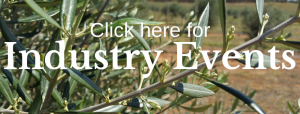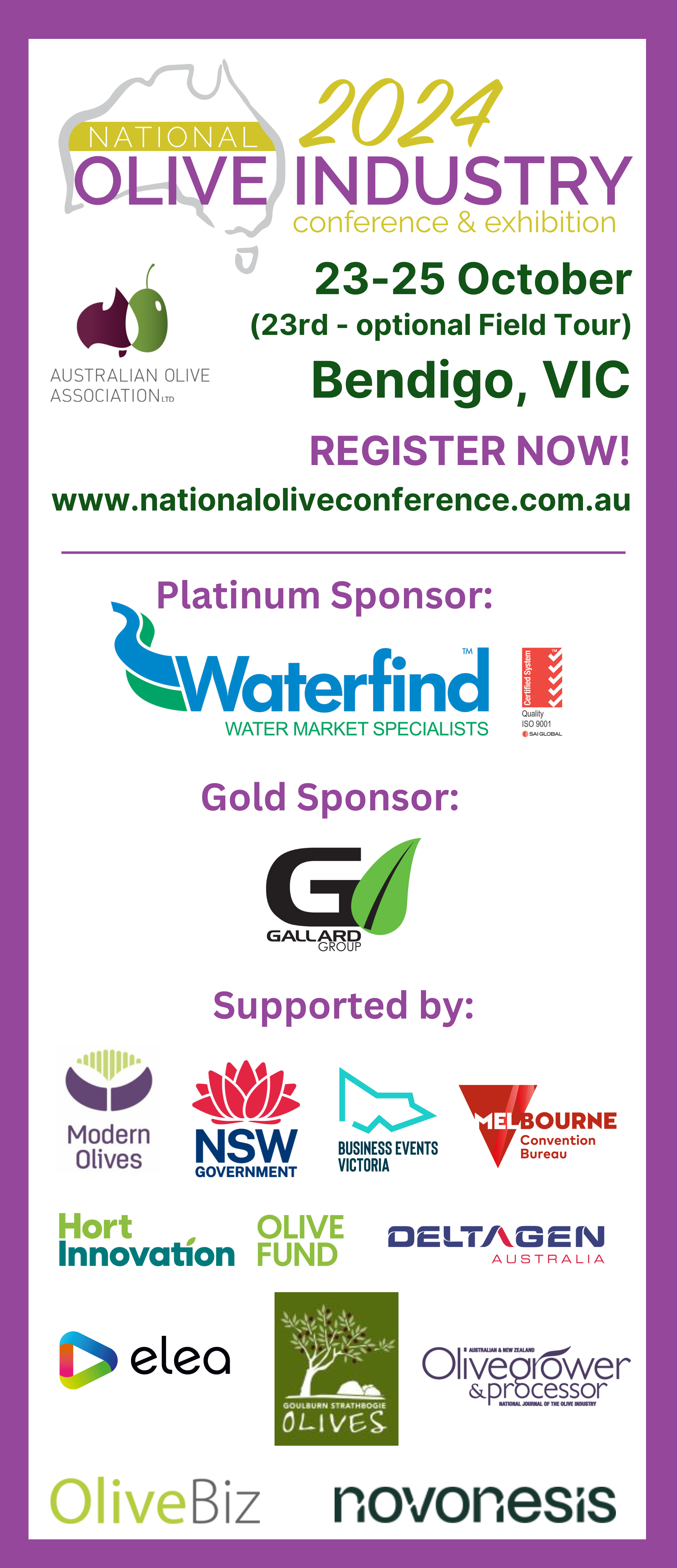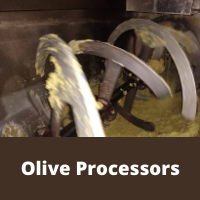While the use of pesticides is being modified through the increasing uptake of integrated pest management, there is still a need for the strategic use of specific chemicals.
Pesticide companies submit use patterns for registration to the Australian Pesticides and Veterinary Medicines Authority (APVMA) and the olive industry is generally provided with limited registrations because of its minor crop status. Minor use permits are required in the olive industry where the market size is considered too small to generate adequate commercial returns for the research and development investment by the pesticide companies.
Hort Innovation has supported the horticultural sector to gain access to additional funding for strategic investments. In 2015/16, this included almost $1.1 million in Assistant Grants for Access to industry priority uses of AgVet chemicals, from a possible $1.6 million available. In 2016/17, this included almost $1.3 million from a possible $2.4 million available across all agricultural and livestock RDC’s. Fortunately, the olive industry has been the beneficiary of some of these grants to help fast track their pesticide program.
Below is a list of minor use permits for the olive industry, as of December 14, 2017.

All current minor use permits for the industry, and the conditions of their use, are searchable at https://portal.apvma.gov.au/permits.
This project has been funded by Hort Innovation, using the olive research and development levy and contributions from the Australian Government. Hort Innovation is the grower owned, not-for-profit research and development corporation for Australian horticulture.
Olive Data Generation Projects – Status Update
ST15027 – A multi-industry data generation project has undertaken residue trials for the renewal of:
- PER14908 Pyraclostrobin + Metiram (Aero) / olives / anthracnose and the study is due for completion January 2018. The residue data will then be submitted with an APVMA application for the permit to support its renewal
- PER14897 Clothianidin (Samurai) for the control of olive lace bugs. The residue studies have been completed and an APVMA application has been prepared and submitted in August 2017 by Hort Innovation to maintain the current permit.
ST16006 – A multi-industry data generation project contracted by Hort Innovation in February 2017, will undertake studies required for new label registrations with Bayer and ADAMA for the following:
- Bayer Luna Privilege (Fluopyram) for the control of anthracnose in olives
- Adama – Trivor (acetamiprid 186 g/L + pyriproxyfen 124 g/L) for the control of olive lace bug and scale in olives.
Both data generation projects are due for completion in February 2020 and the data generated will be provided to ADAMA and Bayer to make the regulatory submissions to the APVMA for label registrations for olives.
Hort Innovation projects ST15027 and ST16006 – have been funded by the Australian Government through Assistance Grants (Access to industry Priority Uses of Agvet Chemicals).



